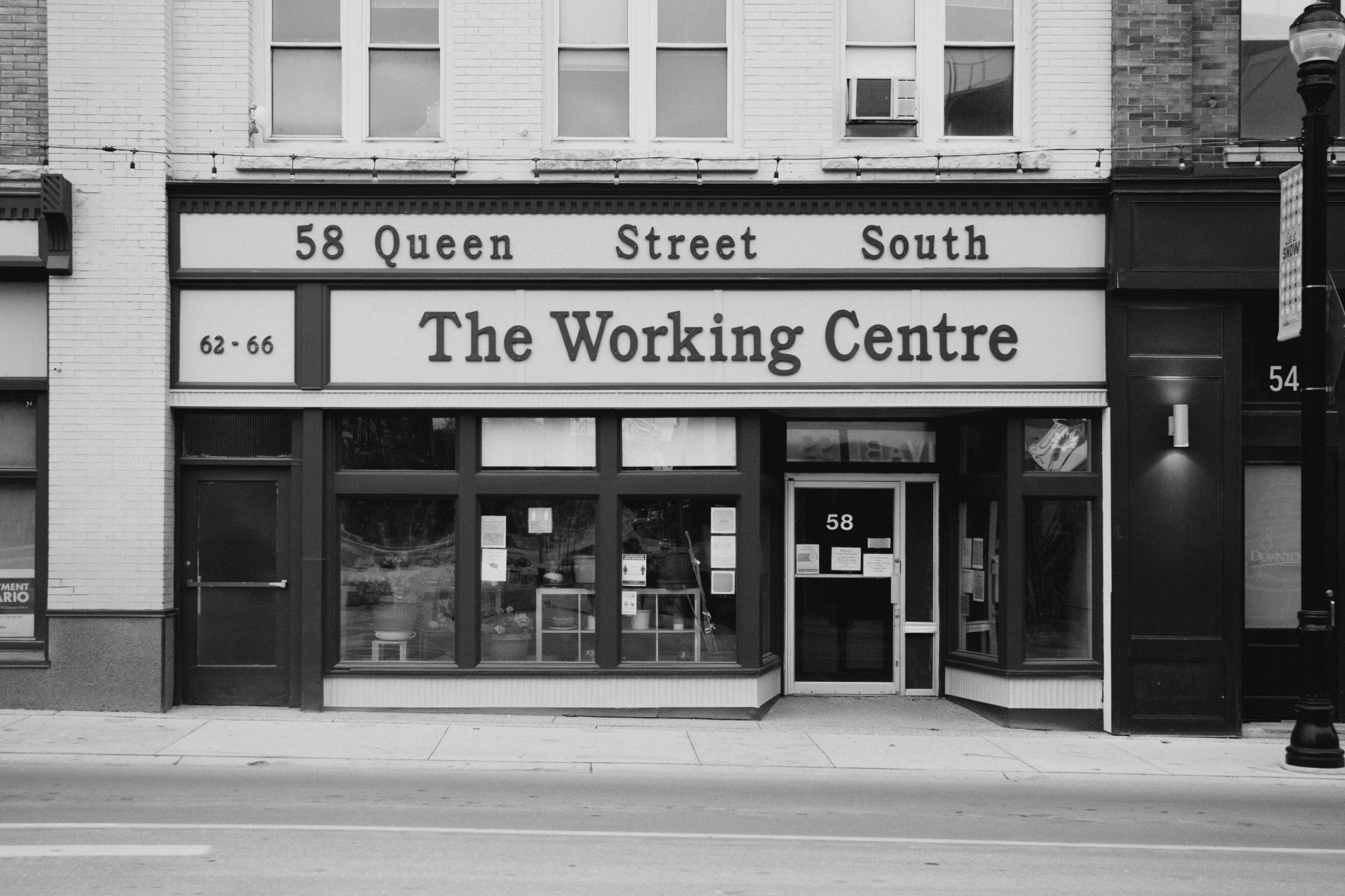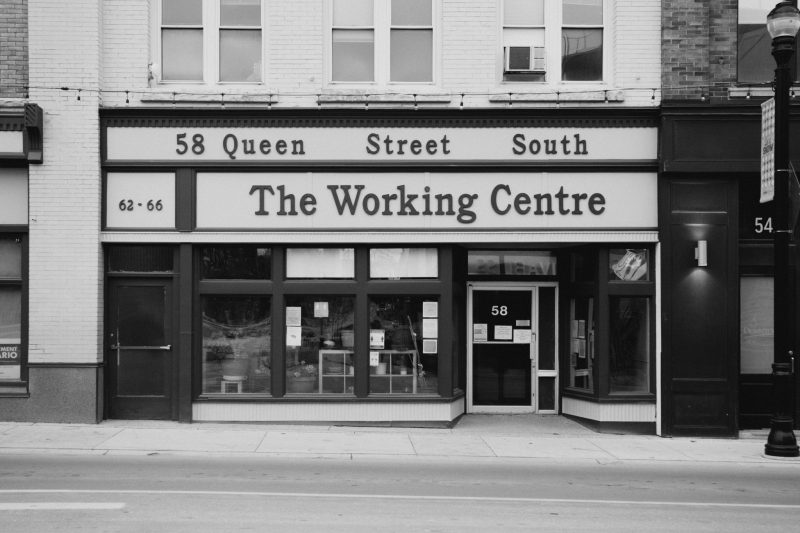Homelessness in Waterloo Region


Waterloo region’s Point in Time (PiT) Count that was conducted in September 2021 found a total of 1,085 people experiencing any type of homelessness.
“One of the tricky things with numerating homelessness is that so much of homelessness is hidden homelessness,” Erin Dej, professor at Wilfrid Laurier University in the department of criminology said.
Hidden homelessness refers to people who may not access support but do not have the prospect of housing. It could be individuals who are “couch surfing,” staying with a friend, at a motel or sleeping in their car.
It’s hard to have an accurate count on these figures of hidden homelessness or absolute homelessness.
There is also underreporting for particular groups, particularly women, gender-diverse people, and Indigenous communities who are less likely to access services because they may not be safe spaces for them.
“Lots of shelters are gender-segregated, and for somebody who’s along the gender spectrum, that might not work for them. There [are] some places that women might not feel comfortable accessing.”
There are also restrictions in terms of accessibility or location of shelters.
“There are cities and communities that have had more success in helping people exit homelessness than others… but I think it’s safe to say that all cities, all communities, experience homelessness, or have a homeless population in some way, shape or form,” Dej said.
People experiencing homelessness are affected through every dimension of health.
“Physically, for example, people who are homeless have an average life expectancy of 42 years old, the Canadian life expectancy for the general public is 82 years old.”
They were also 20 times more likely to be hospitalized for COVID-19, 10 times more likely to be admitted to the ICU and five times more likely to die of COVID-19 than housed people.
“I struggle to find the words to describe the level of degradation and dehumanization that people who are experiencing homelessness deal with on an everyday basis,” Dej said.
“People who are homeless have told me firsthand what it’s like to either be ignored or not treated as human.”
People experiencing homelessness also encounter threats to their safety and experience violence.
“When anybody experiences homelessness, not only is it against our national international human rights violations, but it’s also just as human beings, the fact that we allow this to continue is quite disturbing.”
The data from the PiT Count is used to inform funding and policies that address homelessness in the region and what solutions can be identified and implemented.
“The fact that we have modern-day homelessness is a systems problem, the homelessness crisis we are in now did not exist before the 1990s… that’s because of policy changes that happened in the 1990s… we created it, we can dismantle it,” Dej said.
Dej explained that communities in Canada have worked hard to provide those experiencing homelessness places to go during the COVID-19 pandemic.
“COVID laid bare the true inequalities or inequities that we have, and pushed us to do things faster, and more than we ever thought possible… we need to double down on these innovative solutions.”
Dej also spoke about how students and youth who feel strongly about helping people experiencing homelessness can help.
People can volunteer at or donate to food banks, shelters, or other programs and services in the region. They can also reach out to MPs, MPPs, or city councillors and advocate for programs and prevention.
Dej also spoke about the kindness that people experiencing homelessness deserve.
“I cannot begin to tell you, quite sincerely, what a difference it makes when people treat people who they come across as homeless with basic respect.”

